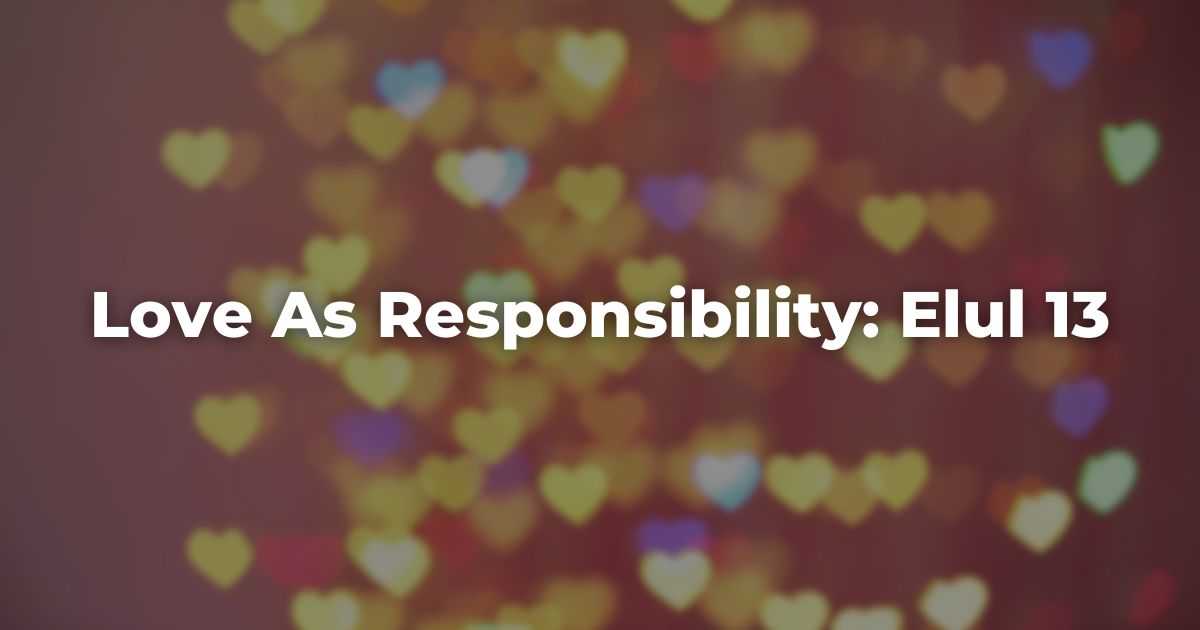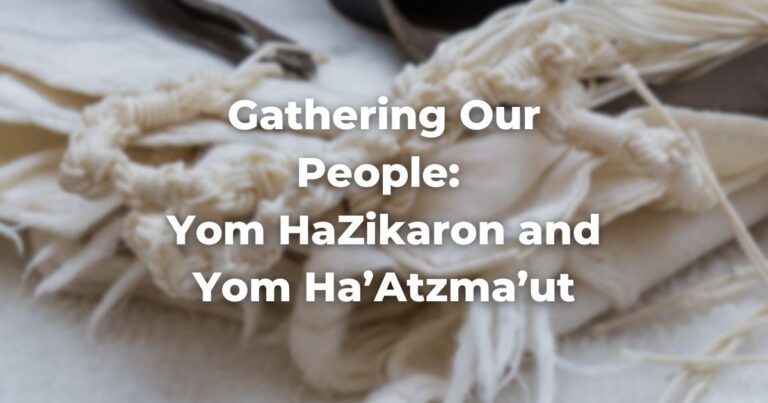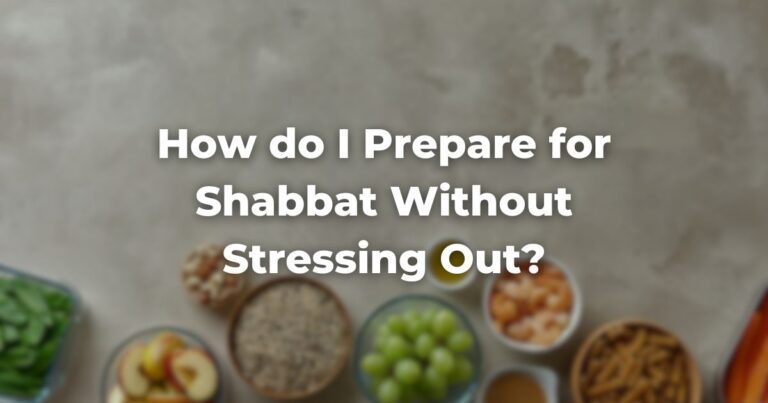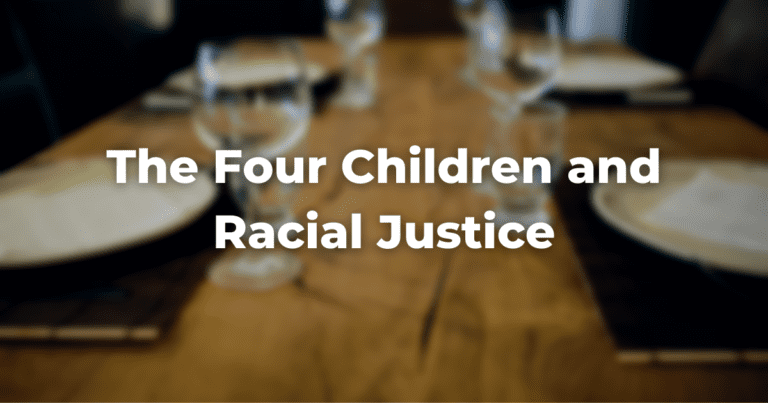Midrash understands that the phrase “Ani l’dodi v’dodi li, I am my beloved’s and my beloved is mine” from the book of Shir haShirim (Song of Songs 6:3) refers to Elul, because the first letter of each word spells “Elul” in Hebrew. Therefore, Elul invites us to hold the rabbinic idea love describes not just a feeling, but a relationship. More than that, relationships come with responsibility. As human beings, we have obligations to one another.
Where do you need to show love through action, not only through feeling? Choose one responsibility of love you will honor today.
Kavanah: Let your love take shape as responsibility.
Explore the full Elul intentions here.
Authors
-

Exploring Judaism is the digital home for Conservative/Masorti Judaism, embracing the beauty and complexity of Judaism, and our personal search for meaning, learning, and connecting. Our goal is to create content based on three core framing: Meaning-Making (Why?), Practical Living (How?), and Explainers (What?).
View all posts -

Rabbi Jeremy Markiz is a teacher and consultant. Based in the Washington, DC area, he teaches the TorahRefers to the first five books of the Hebrew Bible, the Tanakh, also called the Five Books of Moses, Pentateuch or the Hebrew equivalent, Humash. This is also called the Written Torah. The term may also refer to teachings that expound on Jewish tradition. Read more of personal growth, meaning and intentionality, and making the world a better place. He writes a newsletter called, With Torah and Love. Rabbi Markiz helps clergy, congregations, and Jewish organizations grow and communicate clearly in the digital world, develop effective strategies, and solve problems with his consulting firm, Next Level Rabbinics.
View all posts




